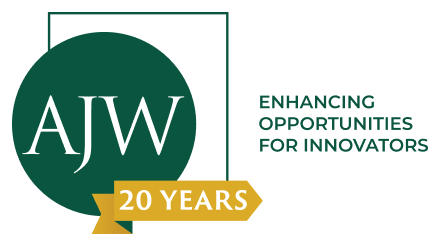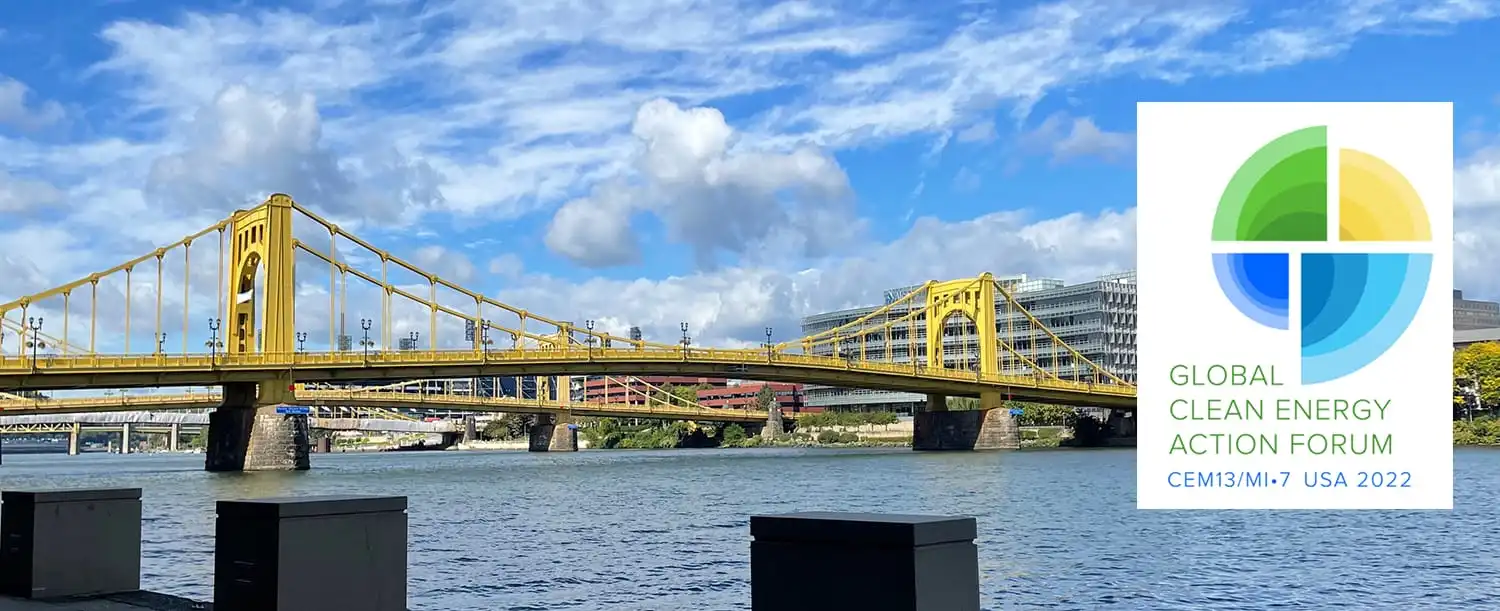Thirty-four nations met in Pittsburgh, PA, from September 21-23, 2022, for the first Global Clean Energy Action Forum (GCEAF).
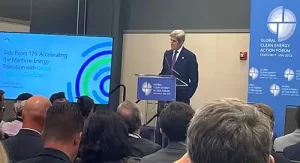
John Kerry, U.S. Special Presidential Envoy for Climate, discussed accelerating the maritime energy transition.
The Ministers and Heads of Delegations from the Clean Energy Ministerial (CEM) and Mission Innovation (MI) and the clean energy industry, citizenry, and academia were in attendance. Notable U.S. participants included Jennifer Granholm, David Turk, Jigar Shah, John Kerry, Joe Manchin, and Bill Gates.
The core agenda included focused governmental and private sector roundtables covering bioenergy, power system transformation, nuclear energy, built environment and connected communities, carbon management, industrial decarbonization, freight transportation, hydrogen, and just transition. Over 170 additional side events included a Clean Energy Technology Showcase, youth engagement activities, and more.
Caitlin Clark and Jordan Flanagan represented AJW at this inaugural international event.
“Don’t Let the Perfect be the Enemy of the Good.”
The urgency of confronting the impacts of climate change makes it clear that the focus must remain on progress — while staying mindful of the communities impacted by new solutions. Across the board, speakers in the sessions Jordan attended called for collaboration, introduced public-private partnerships, supported the importance of standardization and consistency, and discussed the ways to overcome “chicken and egg” challenges. Several speakers emphasized the importance of starting with active listening in community engagement – rather than developing plans on assumptions – when moving new solutions forward.
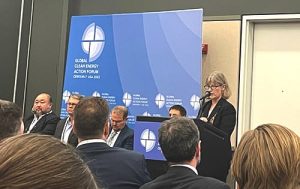
Nancy Young, Chief Sustainability Officer, Alder Fuels, discusses the importance of accurate carbon intensity measuring.
“If You Can’t Count it, then You Can’t Improve It.”
Caitlin attended a session titled Counting Carbon – Better carbon accounting for better policy, a topic closely aligned with her clean fuels work at AJW. Among the experts speaking on lifecycle analysis was Nancy Young from Alder Fuels, a low carbon fuel producer that factors carbon intensity measurement into all of their biomass conversion products.
A Platform for Announcements and Commitments
Important priorities identified throughout the event included hydrogen, industrial decarbonization, sustainable cities, and the just transition – emphasizing that the international architecture for cooperation should enhance, not impede, progress toward emission reduction goals.
To facilitate progress, private industry and governments must cooperate to accelerate the clean energy transition, and members of CEM and MI agreed to a joint pilot initiative based on the U.K.’s Breakthrough Agenda.
Additional announcements of the week included:
- $94 billion to support international clean energy technology demonstrations (funded by 16 countries, $21.9B from the U.S.)
- A zero-emission government fleet declaration fulfilled by 2035 for light-duty vehicles that also includes goals for medium/heavy-duty vehicles
- DOE’s Industrial Heat Shot, designed to lower emissions by 85% in the industrial sector by 2035
- DOE’s H2Hubs Funding Opportunity Announcement (FOA) establishing an $8B program to develop at least four H2Hubs
- SAF Grand Challenge Roadmap, a cross-agency public-private effort to support sustainable aviation fuel development to reduce cost, improve sustainability, and expand production to 3B gallons a year of domestic fuel
- $7B for carbon management (capture at industrial sites and power plants, and loans, grants, etc., to develop carbon infrastructure)
- CEM Action fund comprised of commitments from governments, the private sector, and donations to support the clean energy transition
- CEM Solar Manufacturing and Supply Chains Initiative to secure, sustain, and ensure resiliency for solar.
- Launch of RISE3, a campaign to research the impacts on social equity and economic empowerment
- CEM Industrial Deep Decarbonization Initiative (IDDI) and the CCUS Joint Action for Low-Carbon Cement Production by 2030
